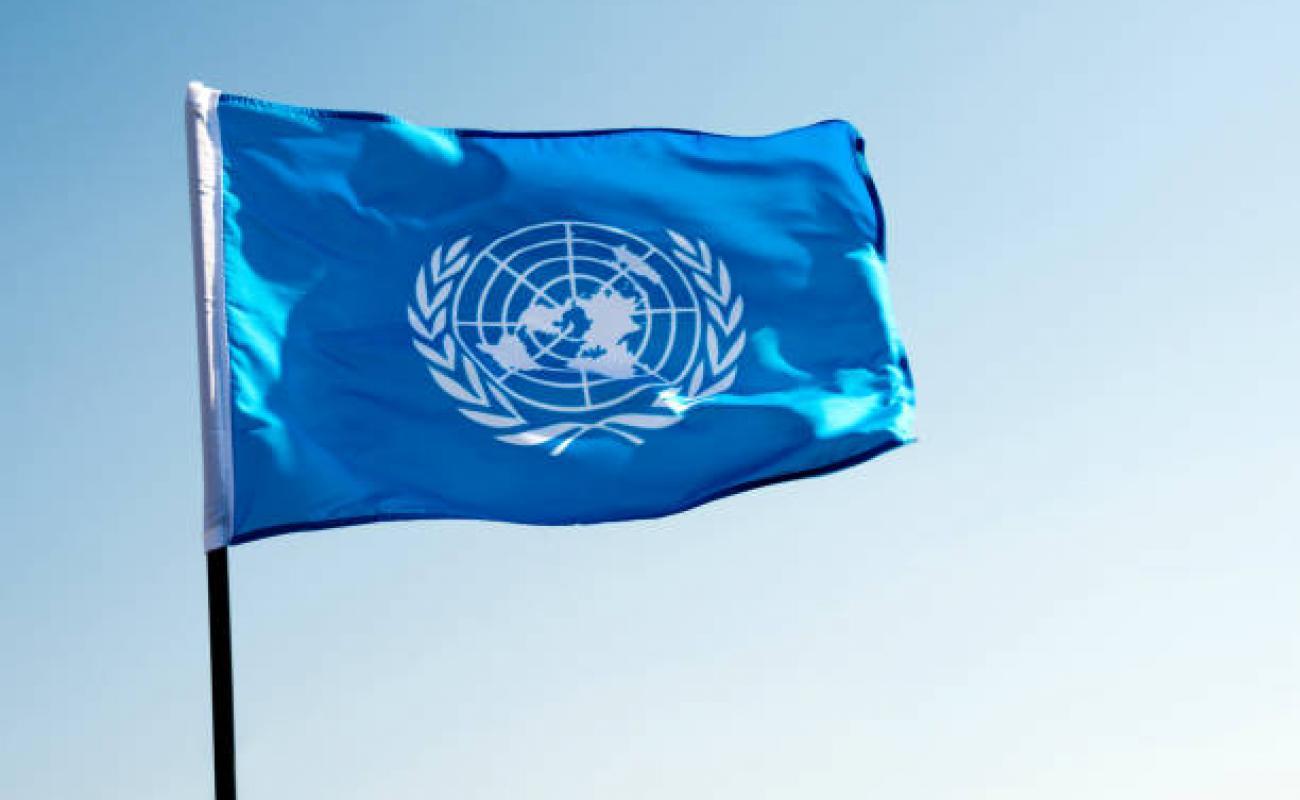EMPOWERING THE COMMUNITY BY COMBATING VIOLENCE AND CHILD ARRANGED MARRIAGES: HOPE AND SUPPORT FOR 800 ROMANI AND EGYPTIAN WOMEN

Over the past year and a half, 800 Romani and Egyptian women from six municipalities in Montenegro have received support to report cases of domestic violence and child arranged marriages. The Center for Romani Initiatives, in collaboration with the women’s REA network “PRVA”, implemented a significant project titled “Active inclusion of Romani and Egyptian women in preventing violence and child arranged marriages” from December 2021 to July 2023. This project not only transformed the lives of many women and girls from the Romani and Egyptian communities, but also empowered the entire community.
This project, which is a part of a programme financed by the European Union and implemented by the United Nations Development Programme (UNDP) in Montenegro and the United Nations entity dedicated to gender equality and the empowerment of women (UN WOMEN), has provided refuge and support to a significant number of Romani and Egyptian women, strengthening their rights and institutional protection within the community.
A total of 16 local mediators of trust with the Roma community in Nikšić, Podgorica, Berane, Bijelo Polje, Tivat, and Bar provided direct assistance and support to Romani and Egyptian women. Tireless fieldwork by activists and members of the REA Network “PRVA” resulted in the reporting of 17 cases of domestic violence and 14 cases of child arranged marriages.
Mirsada Avdijaj from Podgorica, one of the mediators, said that the biggest challenge at the beginning of her work was communication with the beneficiaries. “However, I instilled trust through conversations and responses to their questions. I built their trust by visiting them regularly, and they saw me as someone they could trust and confide in. I went to the field even in my free time. I see a change in Romani and Egyptian women, which means my support was successful.”
Vasfija Tuša from Bar, also a member of this team, takes pride in her work, which she describes as initially very challenging. “Romani and Egyptian women became more approachable for conversation, knowing they have someone to turn to for any problem that arises within the family, from education to everyday issues. Advisory conversations were particularly significant for young girls who are at greater risk of child arranged marriages”, Vasfija said.
Their efforts and community work did not go unnoticed. A Strategic Plan for the period 2022-2025 was developed, and internal databases on domestic violence and child arranged marriages were analyzed, highlighting the importance of appropriate responses and actions for underage victims.
Valentina Delija, a mediator and long-standing activist from the Center for Romani Initiatives, confirms that there were many challenges and obstacles at the beginning of the work. “I thought I would not be accepted by the community and institutions. The biggest challenge for me was the language barrier within the Romani and Egyptian communities. Most of them do not speak Montenegrin, so as a confidential person, I always accompanied them to institutions to translate from Albanian to Montenegrin and vice versa. At the beginning, I thought I would not succeed, but over time, it became interesting to me, and now I gladly accept to go and help with translation, which does not exclude the other support I provide”, Valentina added.
Her work is of great importance to the community to which she belongs, and, as she says, she is always ready to help whenever needed.
“During visits to families, I try to motivate them as much as possible and talk to them about the importance of education and the harm of child arranged marriages. I also frequently talk to girls to inspire them to get an education and be independent. The community primarily sees me as a friend, and then as someone they can turn to for help or advice”, Valentina emphasizes.
She is proud of the positive outcomes of the workshops she conducted. “There is an increasing number of interested women and girls attending our workshops who are aware of their rights, where and to whom they should report problems such as violence and child arranged marriages. During the project, I reported several cases of child arranged marriages and domestic violence, and the cooperation with relevant institutions at the municipal and state levels was fair”, she said.
The project licensed two key services with the Ministry of Labor and Social Welfare - psychological counselling and a national SOS line for victims and potential victims of child arranged marriages. Activists and members of the network, in collaboration with local mediators, conducted a campaign through which 1,200 representatives of the Romani and Egyptian communities in Nikšić, Podgorica, Berane, Bijelo Polje, Tivat, and Bar were acquainted with licensed services and the organization’s emergency number.
Ljuljeta Vučković, a mediator from Tivat, states that fieldwork was particularly challenging when it comes to underage victims of violence or child arranged marriages, as this work requires special attention and sensitivity. “Rescuing and providing support to victims, especially in the Romani and Egyptian communities, required great courage.”
However, she adds, during her fieldwork, there were no reports of child arranged marriages, as mediators reacted by going to the field at the slightest indication that such a situation could arise. She says that thanks to continuous support, Romani and Egyptian women contacted mediators regarding various issues, ranging from family to education and employment.
“The shared motivation was trust. Positive changes in their lives were reflected in allowing girls to continue their education”, Ljuljeta concludes.
